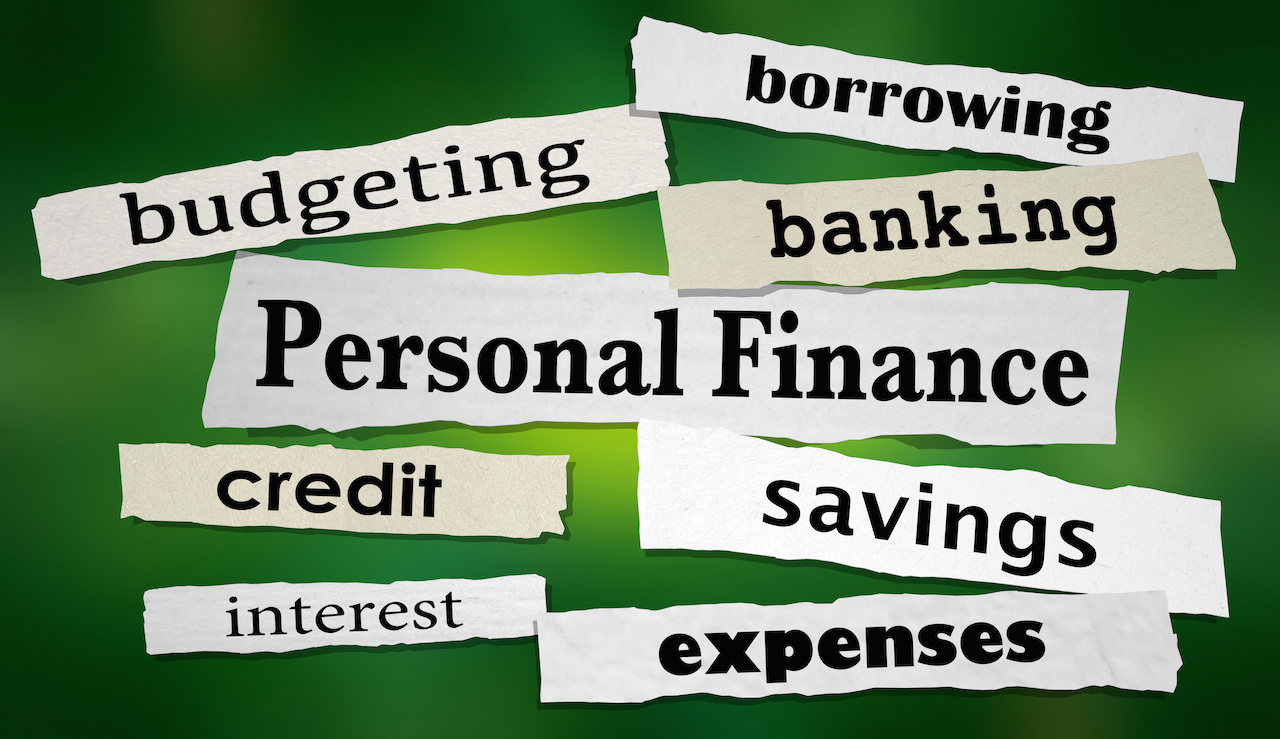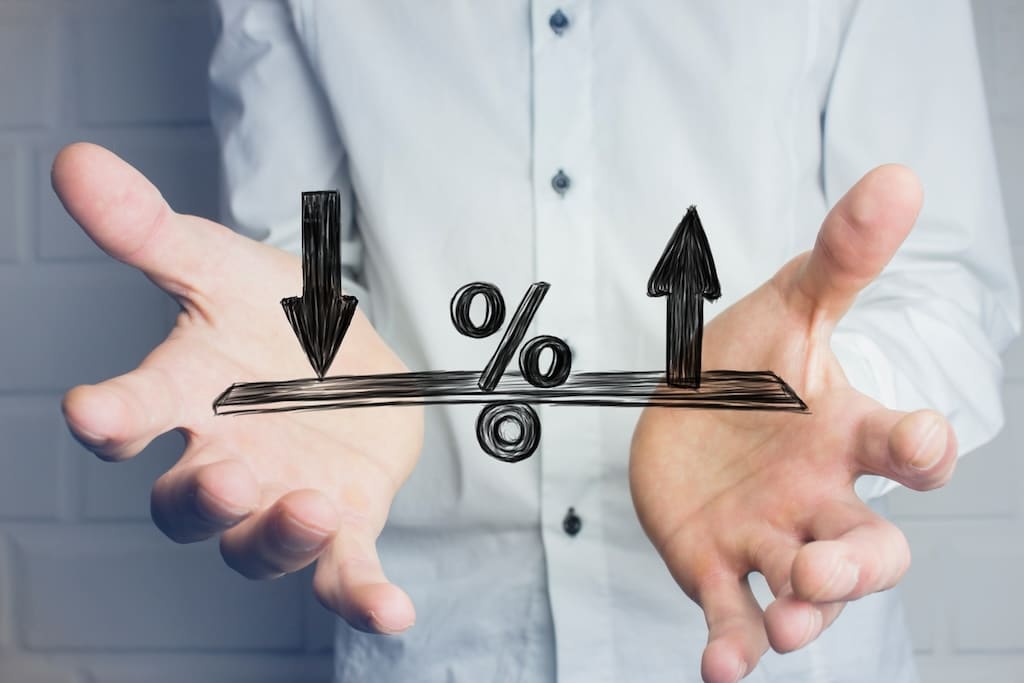Credit Sesame on how to avoid being scammed when selling online.
Selling online can be a good way to declutter and pay some of your bills — unless you get scammed by the buyer.
Buyers are reminded to be careful when shopping online at Craigslist, Facebook Marketplace, eBay and other sites that match buyers with sellers. But sellers should look out for scams too.
As inflation rages across the globe and the U.S. economy marches toward a recession, more people may choose to clean out their closets and try to make a few extra dollars by selling their old stuff online. People posing as buyers may try to take advantage of this and try to scam sellers out of their merchandise and money.
Here are some scams that sellers should look out for when selling online:
Fake payments and bogus refund requests
The Federal Trade Commission says a common scam is when a buyer insists on paying through a mobile app, and sends the seller a fake payment notification and hopes you send the item before realizing it’s a scam.
Or they say there was an issue with the payment they sent, such as accidentally paying you twice and asking for a refund of one of the payments.
Scammers can create counterfeit Venmo, PayPal or other payment app accounts, and then send you a fake email that says they’ve deposited money in your account.
Avoid these problems by not accepting a mobile payment from someone you don’t know. If you get an email notification through PayPal, for example, that you’ve been paid, don’t rely on the email notification. Log into your account to make sure the money is there.
Even if money is sent to your Venmo or Zelle account, it can still be bogus if a stolen credit card was used by the buyer. The payment will get reversed when the app figures out a stolen credit card was used.
Ideally, cash payment is best. Payment apps aren’t intended to exchange money between strangers, but are meant to pay your rent or pay your friend back for dinner.
Fake check overpayment
This scam starts with the buyer offering you a check for more than the selling price. They ask you to deposit the check and send the difference back to them. That request on its own is suspicious. Why does someone need money sent back to them from a check?
The check is fake. If you deposit it, it will appear in your account balance, usually within two days.
However, even though the bank says the check cleared, it can take the bank weeks to figure out it’s a fake check. By then you’ve sent the sold item to the scammer, along with the money owed to them because they overpaid. But when your bank determines the check is fake, it will pull the amount of money from the check from your account.
You’ve just lost the money you sent to the scammer, along with the item you sold, and any bank fees.
Avoid this scam by not accepting payment for over the sale price, and wait weeks if necessary to send the item to ensure the check clears.
Another type of overpayment fraud is when a buyer claims to have overpaid and posts a screenshot showing the transaction. They’ll ask for the difference to be refunded. It’s similar to the fake check scam and the fake payment scam. Either way, no payment was made at all.
Fake verification codes
The FTC also warns against scammers who pose as buyers and say they’ve heard about take online listings, and they want to verify that you’re a real person.
They’ll send you a text message with a Google Voice verification code and ask you for that code. If you do, they’ll use it to create a Google Voice number linked to your phone number. The scammer can then use the Google Voice number to rip other people off, and if the number is tracked it will be linked to your real phone number.
Avoid this scam by not giving anyone a verification code. It’s also a good idea to never give your personal information to a stranger on the internet, including some friendly person who wants to buy your old clothes or anything you’re selling. Don’t give any account information, phone number, email address, location, or Social Security number to a stranger.
Craigslist helps avoid this problem by masking email addresses. Some apps allow buyers and sellers to message each other directly in the app itself. If you’re calling someone, set up a Google Voice number instead of using your real phone number.
Insurance scams
A fraudulent buyer agrees to pay for shipping and send you a fake invoice to “prove” they’ve paid for it. But the catch is they want the seller to pay a small insurance charge to make sure the item is delivered. They say they’ll refund this insurance fee to you when the item arrives.
The link they send you is to a scam website that asks for your payment details.
Like with other scams, avoid this by not providing any personal information to buyers, including your banking information.
Product wasn’t delivered
This scam is done on small buyers on eBay and on big retailers. The buyer pays for an item and later claims they never received the product.
You may resolve this problem by giving them a refund, or sending them a second item for free if you have one. Either way, the scammer wins.
An easy way to protect yourself is to ship with delivery tracking from your door to the customer’s door. Delivery tracking can cost extra, but can be included in your shipping costs. You can also require a signature when the package arrives.
Bottom line
Fraud isn’t always as easy to spot as an email from a foreign prince asking you to cash a huge check for them.
Protect yourself by not giving your personal information, including bank information, to anyone you don’t know. If a buyer asks for you to send them money, that should be a big red flag to say goodbye. You’re better off putting the item back in your closet, where it has probably lived for years without you being scammed out of your money.
You may also be interested in:
Disclaimer: The article and information provided here is for informational purposes only and is not intended as a substitute for professional advice.




















